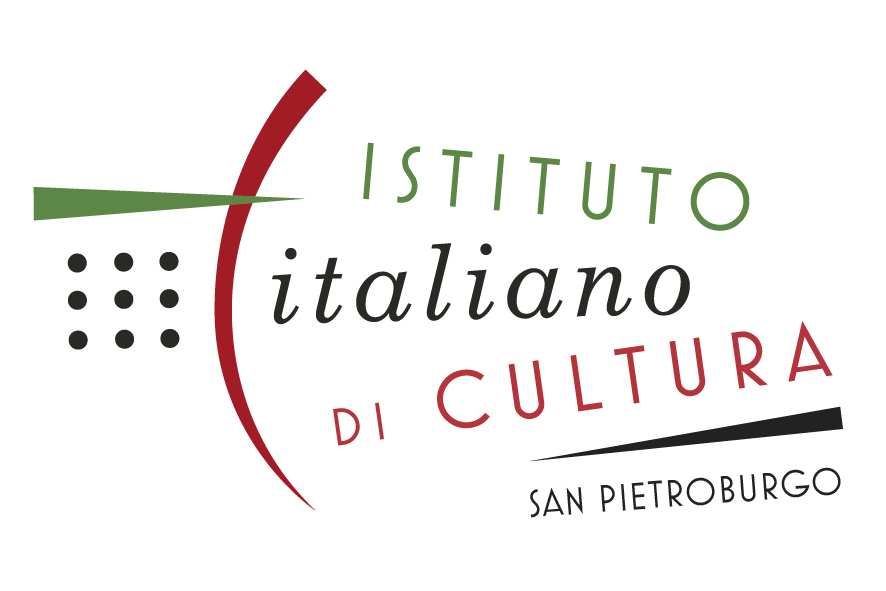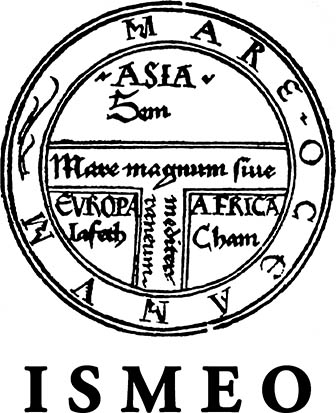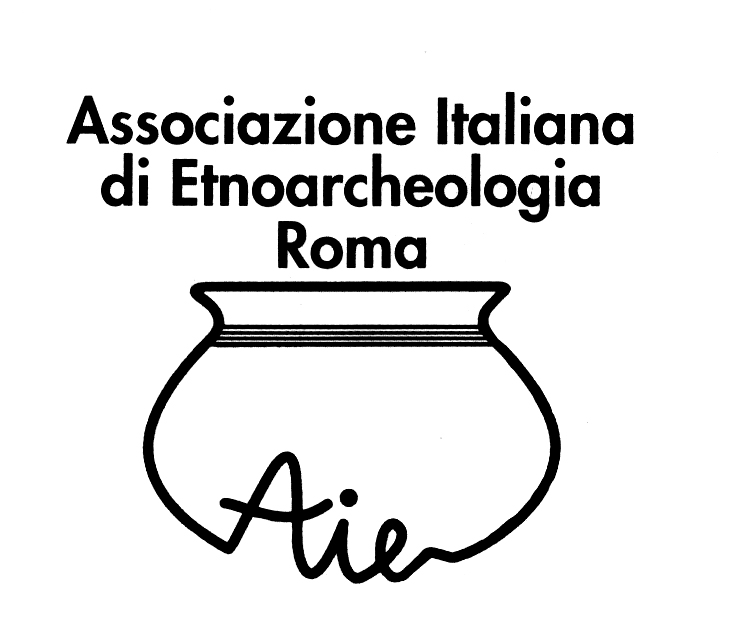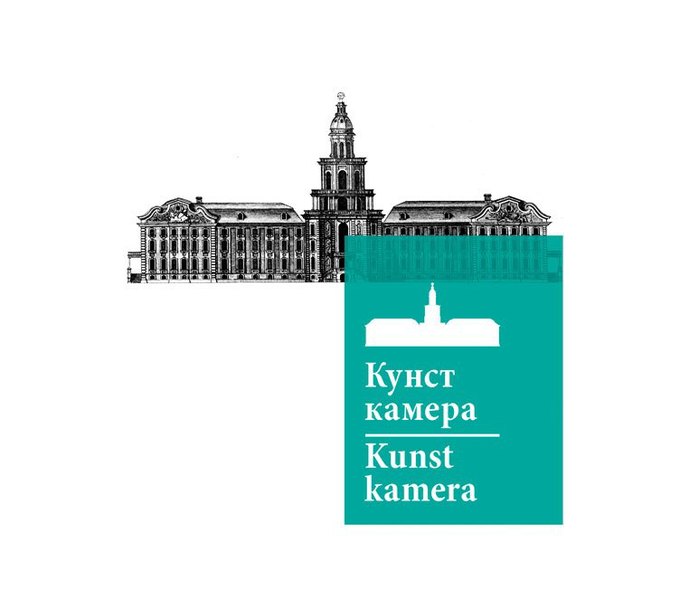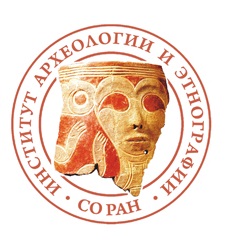The relationships between humans and animals have always been crucial for human life. In the past they were mainly determined by practical aspects (sources of animal protein, sources of danger and protection from it, etc.) as well as for rituals, however, the range of such relationships has considerably expanded today. Animals can be the subject of protection of their rights and, they can even inherit the welfare of their owner. We suggest that in the past as well as in the present these relationships have been complex and even paradoxical, and we would like to discuss the following range of issues within the framework of this conference.
How does the human-animal relationship have influenced the biological and social evolution of our species? What are the connections between ecological changes and evolving trophic chains in prehistory? What are the main steps of the construction of this complex interrelation and when did they occur during the prehistoric era? How are animals seen as useful objects on the one hand and as superior subjects on the other? What is the role of animals in the development of habitat and spatial survival strategies? How has human and animal coexistence evolved over time and why? What are the ethical and ecological aspects of human and animal food chains in different ecosystems? What are the ways in which animals are represented in human cultural spaces: ritual, folklore, art, and music? What are the paradoxes of human and animal mutual perception through the senses?
We would like to discuss all of these issues involving scholars of various disciplines (genetics, archaeozoology, zoology, archaeology, ethnoarchaeology, ethnography, anthropology, linguistics, folklore, ethnomusicology, etc.), creating a platform for the exchange of practical and theoretical approaches to the problematics in order to achieve a new interdisciplinary perspective on studying human-animal relationships which will be pivotal for the future of research in this field.
Organising Committee
Vladimir Davydov (MAE), Andrei Golovnev (MAE), Francesca Lugli (AIE, ISMEO), Andrei Novikov (IAET), Galina Sychenko (AIE)
Scientific Committee
Dr Arkady Viktorovich Baulo (IAET, Deputy Director for Science)
Dr Veronika Aleksandrovna Beliaeva-Sachuk (MAE, Project Research Department, Senior Research Fellow)
Dr Vladimir Nikolaevich Davydov (MAE, Deputy Director for Science)
Dr Ivana Fiore (independent researcher; AIE)
Prof. Andrei Vladimirovich Golovnev, Corresponding Member RAS (MAE, Director)
Dr Andrey Innokentievich Krivoshapkin, Corresponding Member RAS (IAET, Director)
Dr Francesca Lugli (AIE, President; ISMEO)
Dr Andrey Vladilenovich Novikov (IAET, Department of Archaeology of Paleo Metall, Senior Research Fellow)
Dr William Rendu (CNRS/IAET, Director of Laboratory ZooSCan “Archaeozoology of Siberia and Central Asia”)
Dr Mikhail Anatol’evich Rodionov (MAE, Department of Ethnography of South and South-West Asia, Main Research Fellow)
Prof. Adriano Rossi (ISMEO, President; University of Naples “L’Orientale”, Emeritus)
Dr Maria Vladimirovna Stanyukovich (MAE, Head of the Department of Australia and Oceania)
Prof. Galina Borisovna Sychenko (independent researcher; AIE)
Dr Andrey Vladimirovich Tabarev (IAET, Department of Archaeology of Paleo Metall, Leading Research Fellow)
Dr Iaroslav Vladimirovich Vasil’kov (MAE, Department of Ethnography of South and South-West Asia, Main Research Fellow)
Prof. Massimo Vidale (University of Padua, Dipartimento dei Beni Culturali; ISMEO; AIE)
Supported by:
Italian Embassy in Moscow
Italian Institute of Culture in St Petersburg
ISMEO – The International Association for Mediterranean and Oriental Studies (Rome, Italy)
Italian Association for Ethnoarchaeology (AIE, Rome, Italy)
Peter the Great Museum of Anthropology and Ethnography (Kunstkamera) of the Russian Academy of Science (MAE, St Petersburg, Russia)
Institute of Archaeology and Ethnography of the Siberian Branch of the Russian Academy of Science (IAET, Novosibirsk, Russia)

